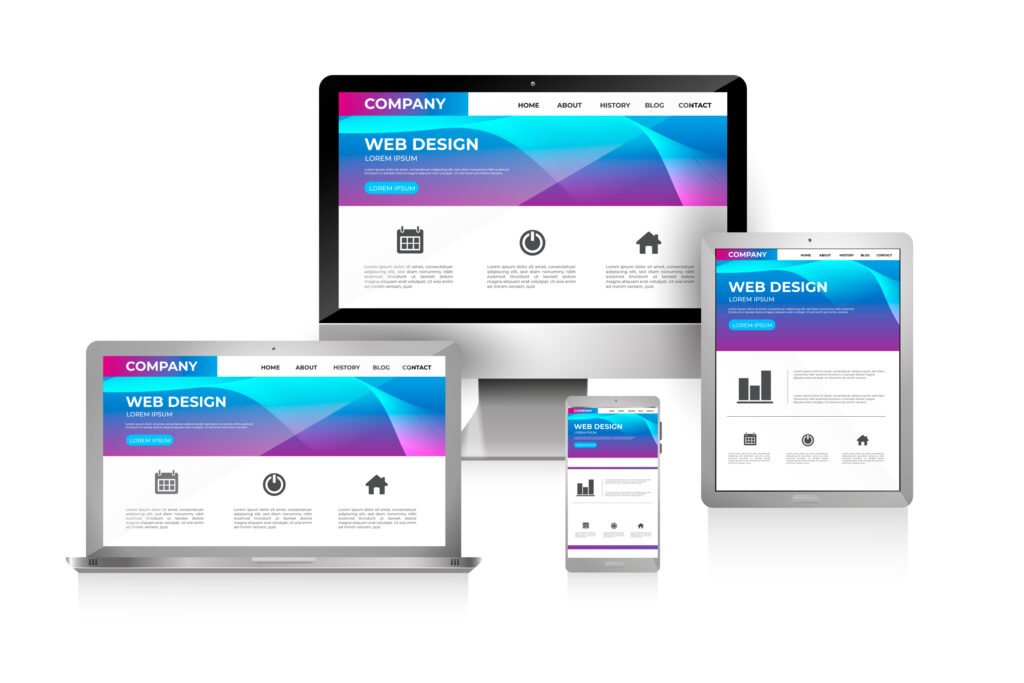Choosing the Right Platform for Your E-commerce Venture: WordPress vs. Shopify

Selecting the right platform for your online store is crucial to your success. Among the myriad of options available, WordPress and Shopify stand out as two leading contenders, each offering unique features, functionalities, and benefits. In this comprehensive guide, we’ll delve into the intricacies of both platforms, exploring their strengths, limitations, and suitability for e-commerce ventures. Whether you’re a budding entrepreneur or an established business owner looking to expand your online presence, this blog will serve as your definitive resource for making an informed decision between WordPress and Shopify.



Overview:
- WordPress, known primarily as a content management system (CMS), has evolved into a robust e-commerce solution with the integration of WooCommerce.
- WooCommerce is a powerful plugin that enables users to transform their WordPress websites into fully-functional online stores, complete with product listings, shopping carts, payment gateways, and more.
Key Features and Benefits:
- Flexibility and Customization: WordPress offers unparalleled flexibility and customization options, allowing users to tailor their e-commerce websites to their unique needs and branding requirements.
- Extensive Plugin Ecosystem: With thousands of plugins available, WordPress users can enhance their e-commerce websites with additional features and functionalities, such as SEO optimization, social media integration, and advanced analytics.
- Ownership and Control: As a self-hosted solution, WordPress gives users full ownership and control over their e-commerce websites, including domain name, hosting, and data.
Practical Considerations:
- Learning Curve: While WordPress is user-friendly, setting up and managing an e-commerce website with WooCommerce may require a learning curve, particularly for beginners.
- Maintenance and Updates: WordPress websites require regular maintenance and updates to ensure optimal performance, security, and compatibility with new features and plugins.
Overview:
- Shopify is a dedicated e-commerce platform that provides everything users need to start, run, and grow their online stores.
- With its user-friendly interface, built-in features, and comprehensive support, Shopify simplifies the e-commerce journey for entrepreneurs of all skill levels.
Key Features and Benefits:
- All-in-One Solution: Shopify offers a comprehensive suite of tools and services, including website hosting, domain registration, payment processing, and order fulfillment.
- User-Friendly Interface: Shopify’s intuitive interface makes it easy for users to set up and manage their online stores without any coding knowledge or technical expertise.
- Scalability and Reliability: Shopify’s cloud-based infrastructure ensures scalability and reliability, enabling users to handle high volumes of traffic and transactions without worrying about server maintenance or downtime.
Practical Considerations:
- Monthly Subscription Fees: Unlike WordPress, which is free to use, Shopify operates on a subscription-based model, with monthly fees ranging from basic plans to enterprise-level solutions.
- Customization Limitations: While Shopify offers a range of themes and customization options, users may encounter limitations in terms of design flexibility and functionality compared to WordPress.
Consider Your Needs and Goals:
- Before making a decision, carefully consider your e-commerce needs, goals, and budget. Evaluate factors such as customization requirements, scalability, ease of use, and ongoing maintenance.
Evaluate Total Cost of Ownership:
- While WordPress may offer lower upfront costs with its free software, consider the total cost of ownership, including hosting fees, domain registration, plugin subscriptions, and developer expenses.
- Compare Shopify’s monthly subscription fees with the cost of hosting, plugins, and additional services required for a WordPress e-commerce website.
Assess Your Technical Skills and Resources:
- Assess your technical skills and resources, as well as your team’s capabilities. If you have experience with WordPress development and are comfortable managing hosting and updates, WooCommerce may be the right choice.
- Conversely, if you prefer a hassle-free, all-in-one solution and prioritize simplicity and convenience, Shopify may be the better option.
In the debate between WordPress and Shopify for e-commerce, there is no one-size-fits-all answer. Both platforms offer unique advantages and cater to different needs and preferences. Whether you choose WordPress with WooCommerce for its flexibility and customization or Shopify for its simplicity and comprehensive features, the key is to make an informed decision based on your specific requirements, goals, and resources.
By carefully weighing the pros and cons of each platform and aligning them with your e-commerce vision, you can set yourself up for success and embark on your journey with confidence in the competitive world of online retail. Contact Us for assistance with your online presence.
One Media Digital Solutions
At One Media Digital Solutions we’re committed to transforming your vision into reality. Our team of skilled professionals strives for excellence in every project we undertake. Whether it’s crafting innovative software solutions, designing captivating websites, or building robust applications, we’re here to exceed your expectations.
Quick Contact
Email us


Want a Quote? Have a Quick Question? Need a Quick Answer?
Want a Quote?
Have a Quick Question? Need a Quick Answer?
Message us and we will get back to you as soon as we can..
